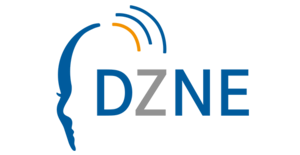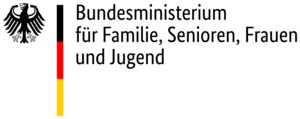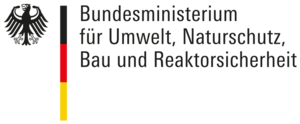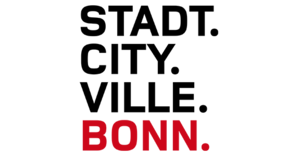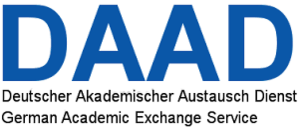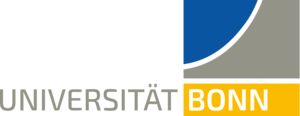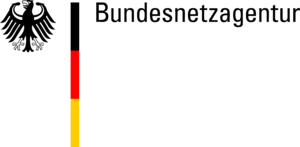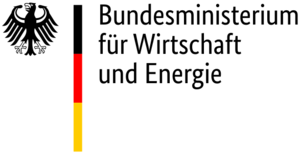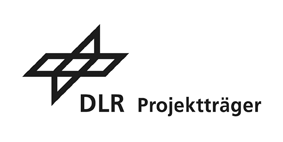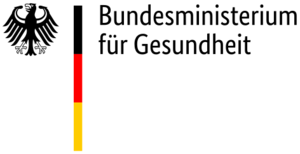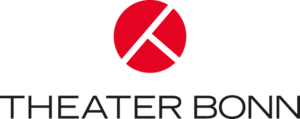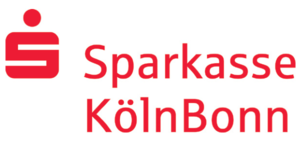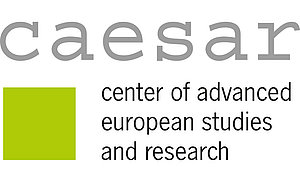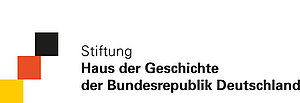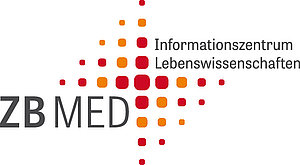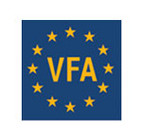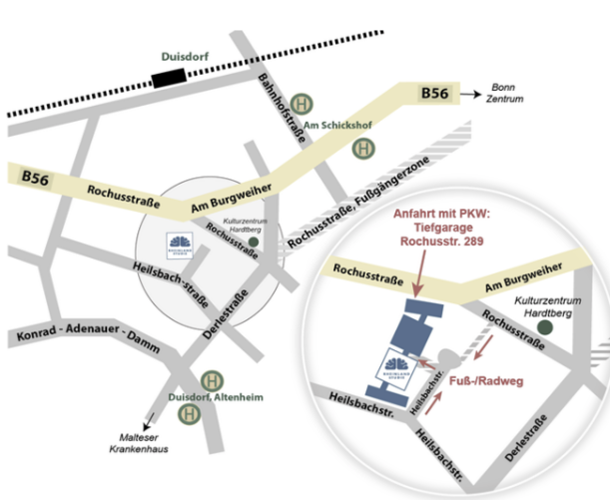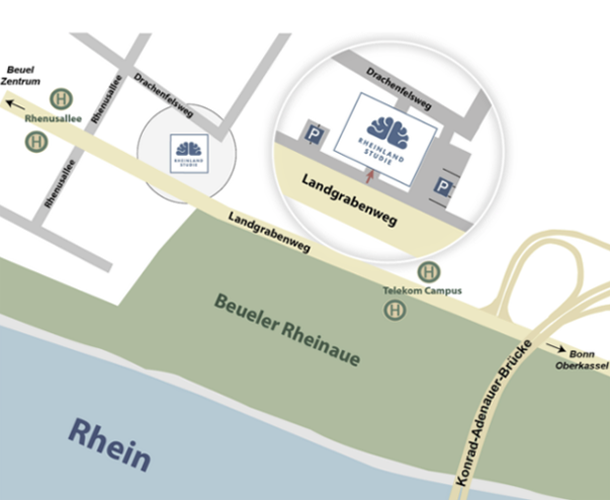The Rhineland Study in Bonn
The Rhineland Study is a large-scale health study in Bonn. The study investigates why some people develop chronic diseases rather early, while others progress to old age remaining mentally fit and healthy. These health differences can have various causes, such as genetics, environmental influences or our lifestyle habits. Only if we understand how and why our health changes over the course of a lifetime we can influence it ourselves. In order to find the way to a healthy life through to old age, the Rhineland Study conducts long-term studies with up to 20,000 participants. In this way, we want to help prevent diseases before they occur. In this way, we want to help prevent diseases before they occur by supporting the development of prevention strategies for neurodegenerative and other age-related diseases - especially dementia.
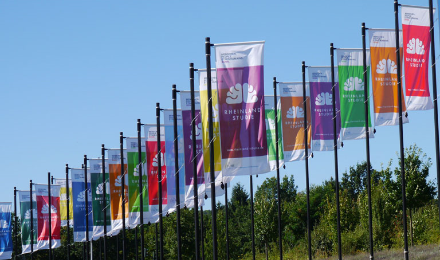
The Rhineland Study, for example, is looking for answers to the following questions:
- What factors influence our health?
- What does it mean to be “healthy”?
- Does being “healthy” mean being free of complaints, or is it the ability to consistently adapt to new social, physical and mental challenges?
- Are the foundations for healthy ageing set many years in advance?
Our mission
With our world-class research team and the use of the most innovative technologies, we aim to find the key factors for healthy ageing. We can only succeed in this together: the most important contribution, besides a highly motivated team, is made by the participants of the study. Only with your support we can make a difference to the health of present and future generations.
Read more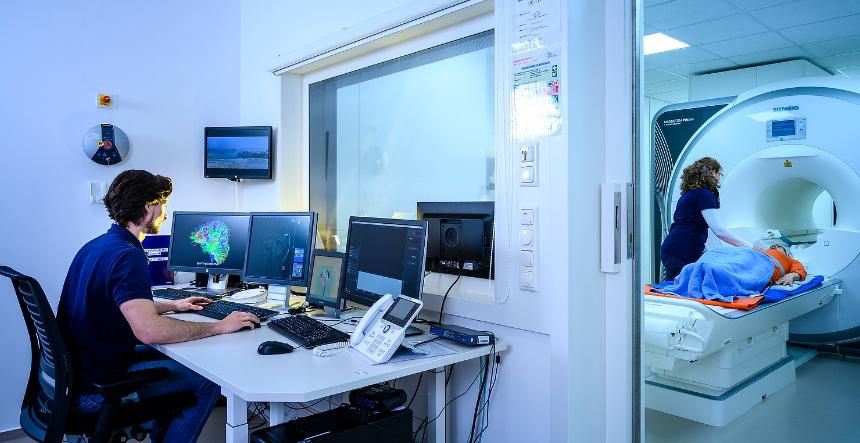
Examination Centres in Bonn
There are two study centres in Bonn: one in the district of Hardtberg and one in Beuel. People (age 30 and older) from these participation areas are welcome to take part in the Rhineland Study.
Both centres are open daily from Monday to Saturday. The examination programme, which lasts approximately five to six hours, can be completed in one go or in two separate appointments. The MRI (magnetic resonance imaging) always takes place on a separate appointment. Late evening appointments are also possible.
Take a look at the examination centres here and find numerous explanations of the process:
Both centres are identical and equipped with state-of-the-art medical technology: In addition to around 15 examination rooms, they each have their own laboratory and a state of the art MRI scanner.
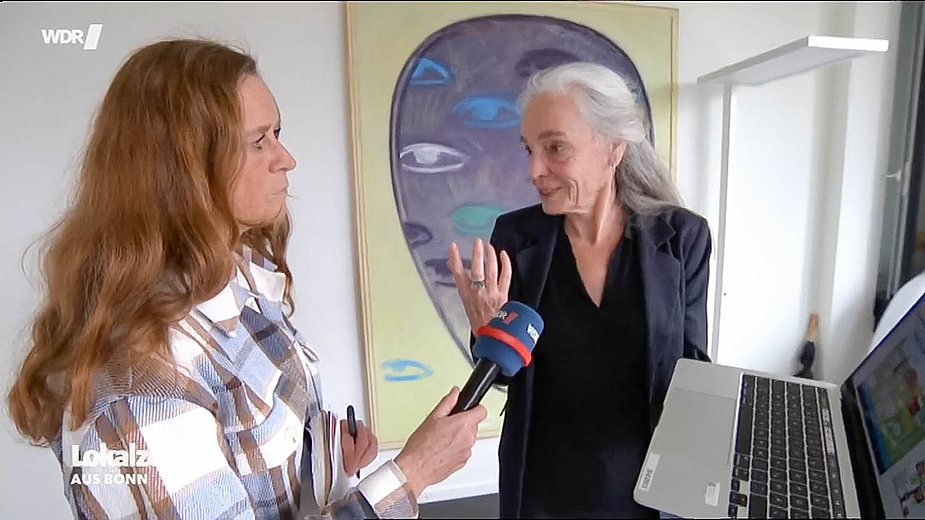
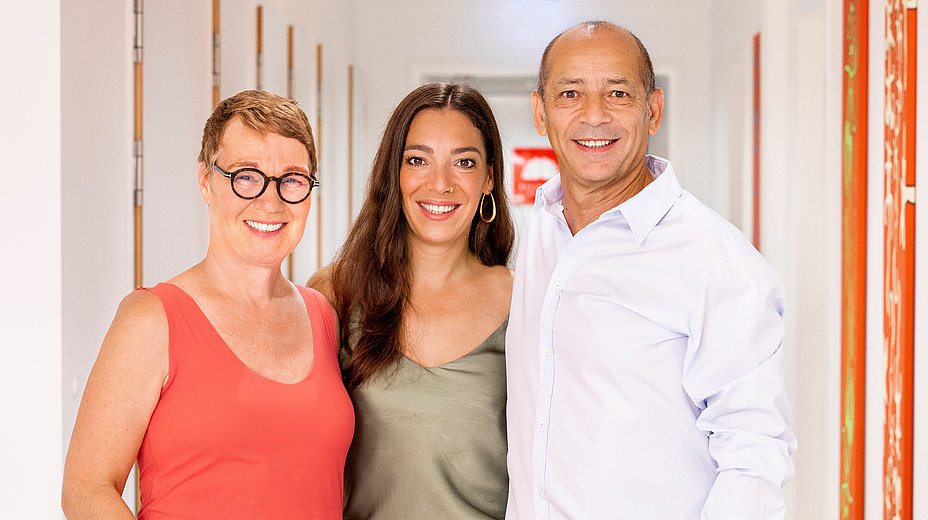
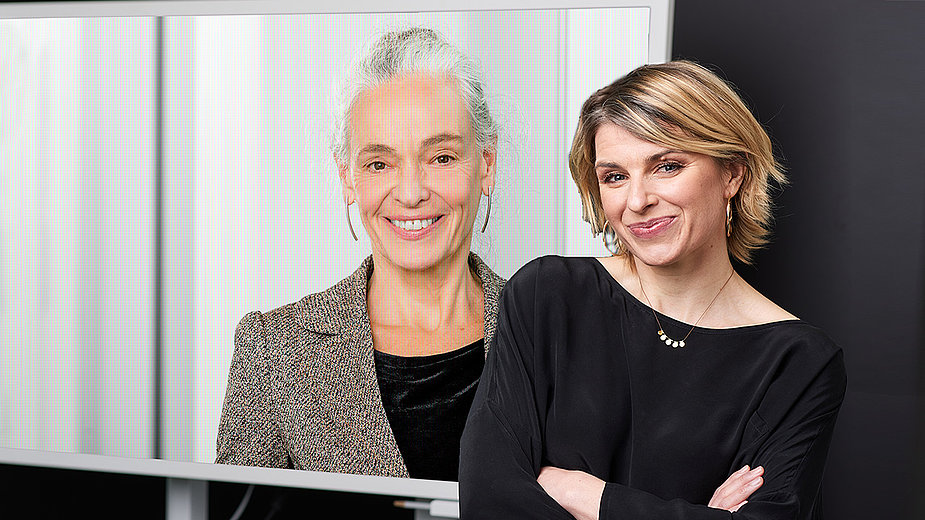
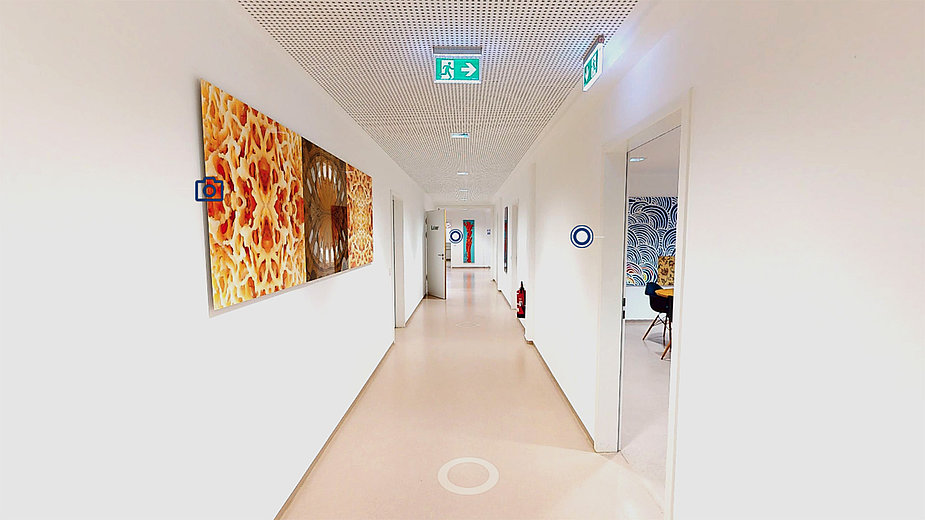
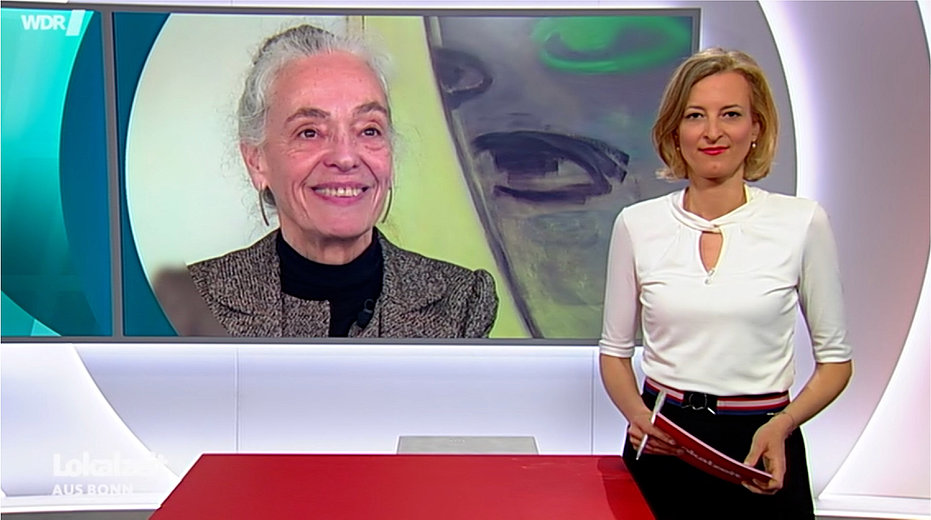
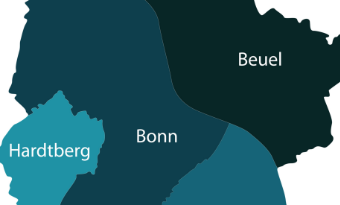
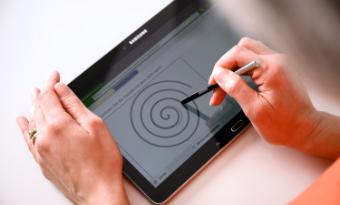

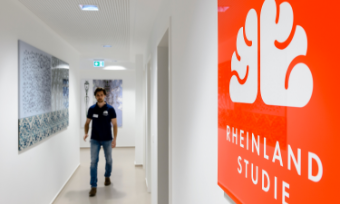
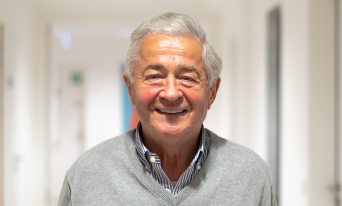

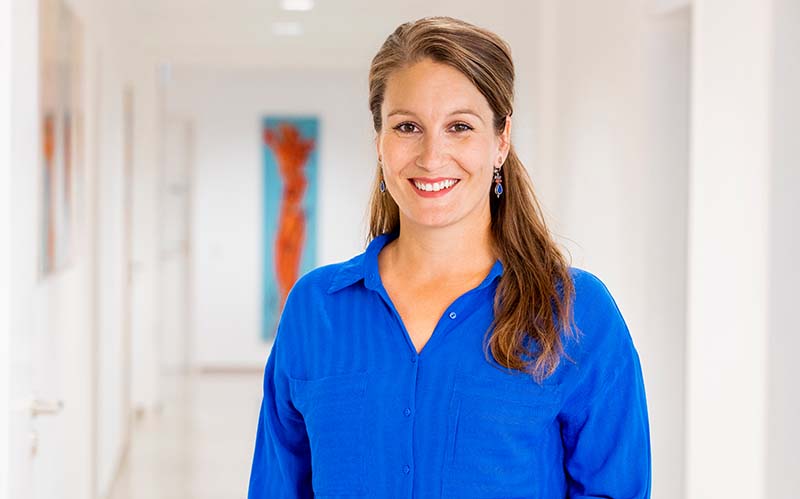
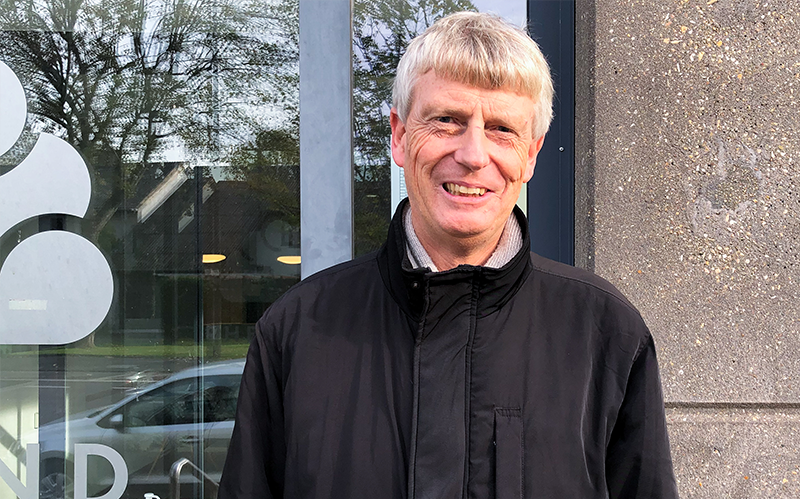
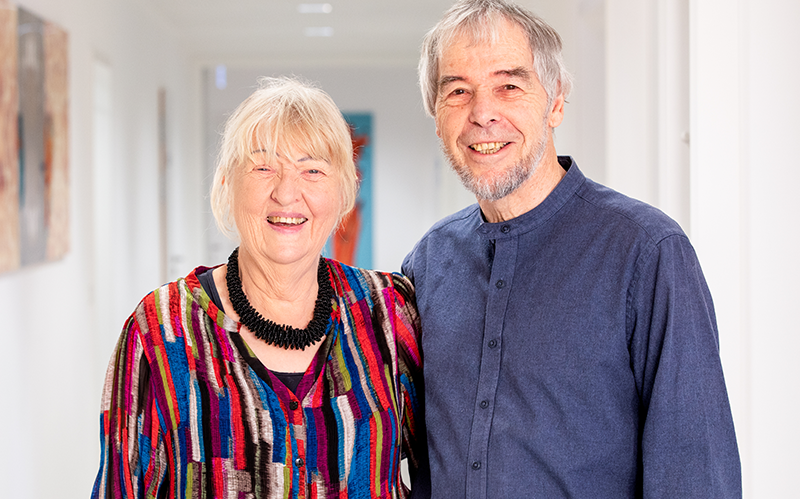
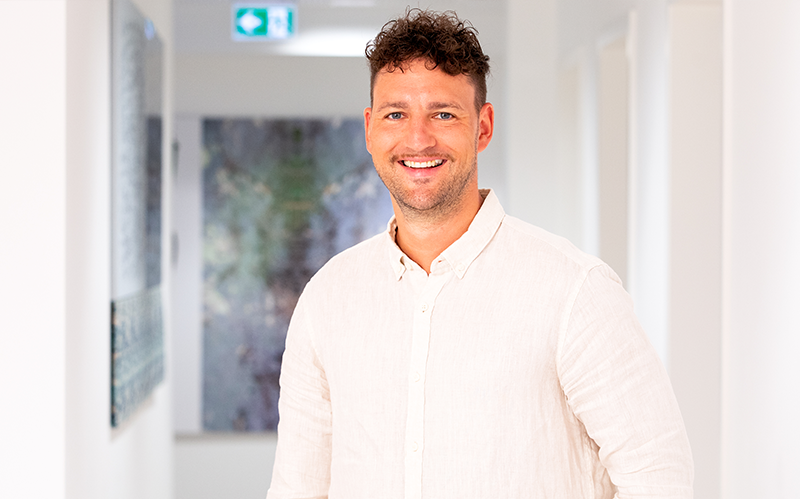
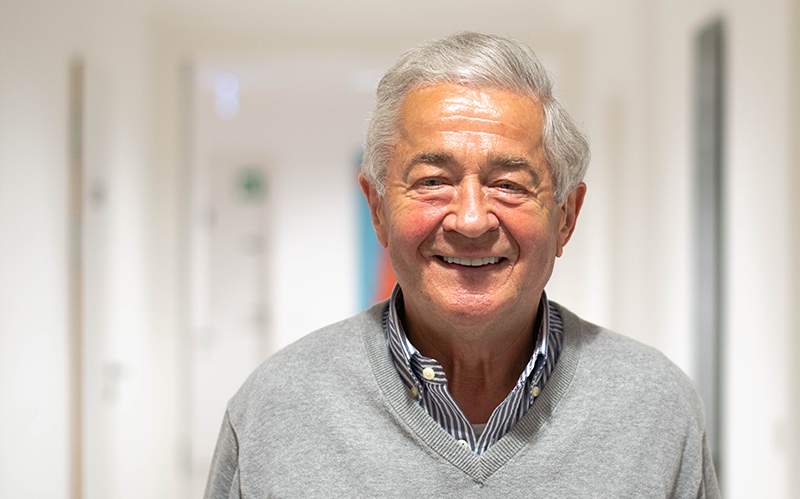
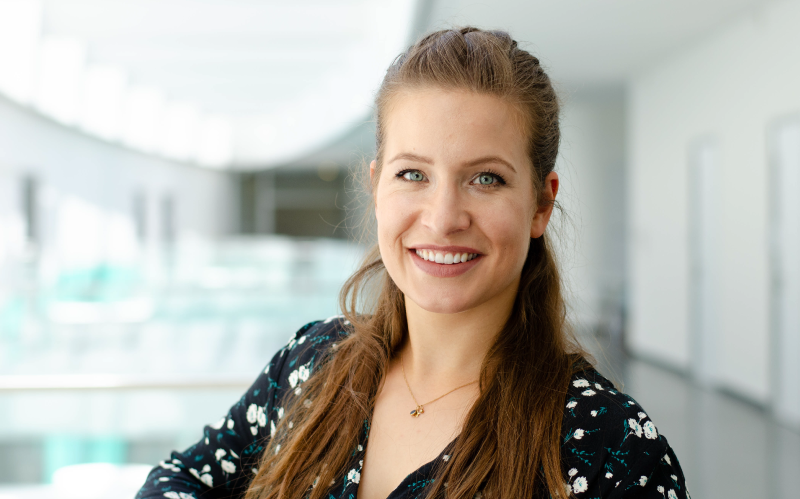
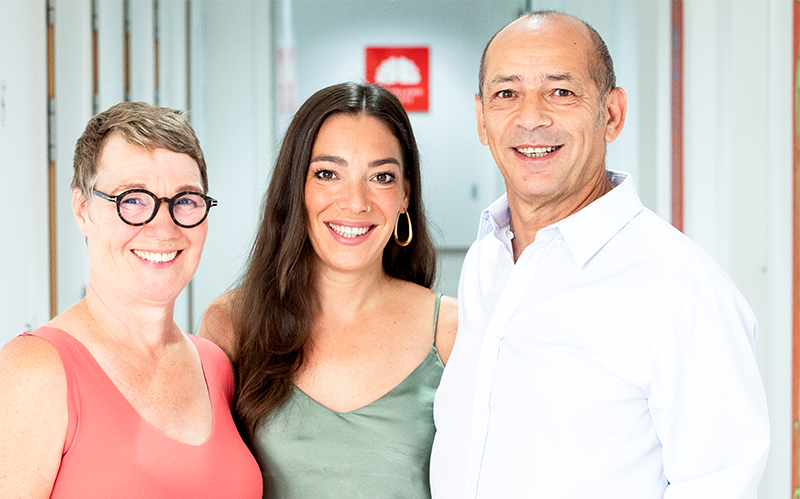
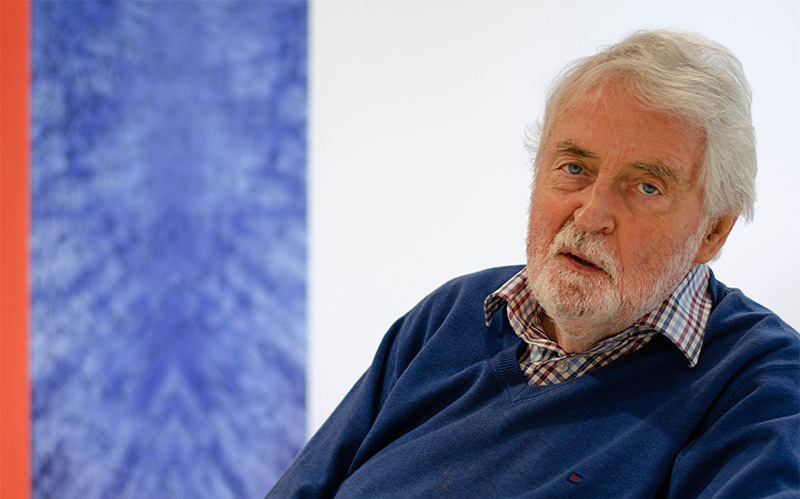
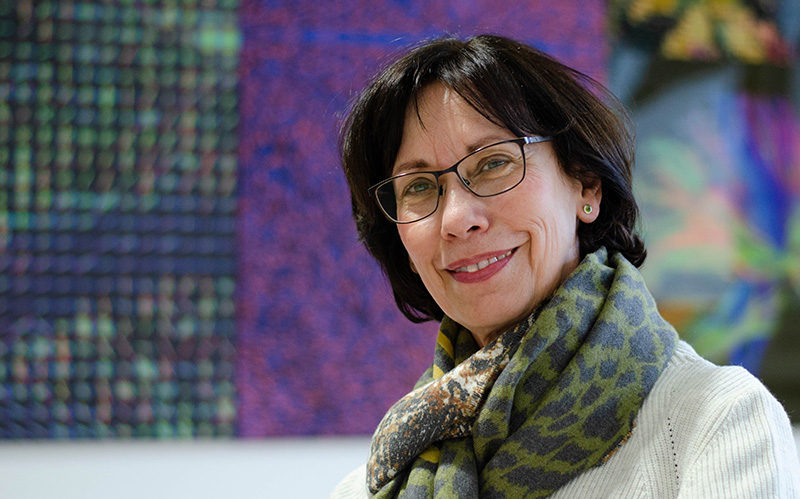
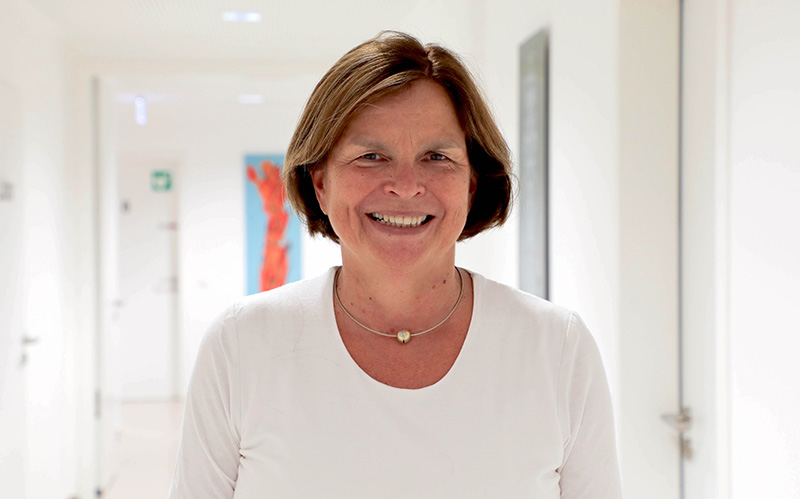
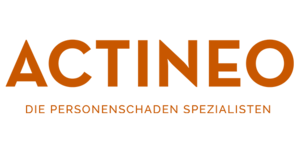
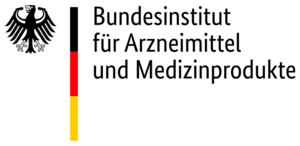

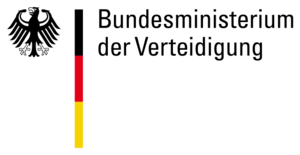

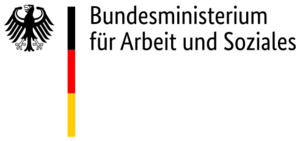
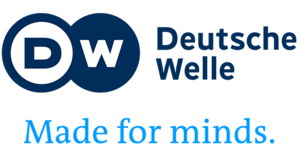
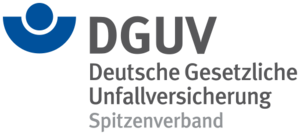
![[Translate to Englisch:] Logo Federal Ministry of Education and Research](/fileadmin/_processed_/f/1/csm_BMBF_Logo-new_d63ba14340.png)

